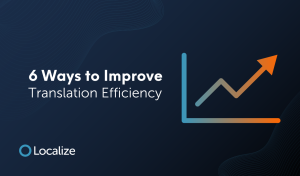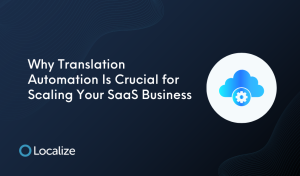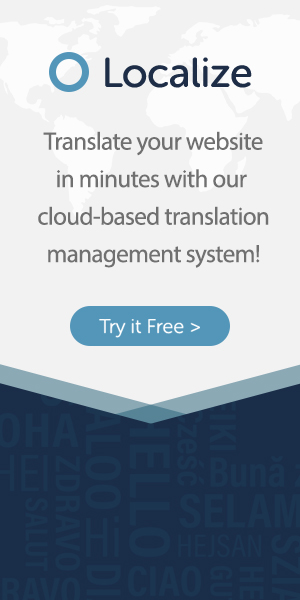Businesses today are driven by data, which means, data has become a valuable resource. Naturally, this puts data in the cross-hairs of unfavorable elements. If you’ve been keeping track of the news, you’re likely to have come across plenty of news reports highlighting the growing trend of data breaches and cybercrime. According to a Cost of Data Breach study, the average loss faced by a data breach in 2015 was $3.79 million; a 23% increase compared to the prior period.
The point is data security isn’t something you can put on the back burner anymore. It’s a big deal, especially considering the fact that governments across the globe are taking note and introducing updated regulations to curb the problem. In fact, they’re placing the burden on businesses.
As a global business, this affects you in two ways. Firstly, ensuring that your data remains safe is a legal requirement and secondly, your customers trust you to keep their information safe. Due to the rise in data breaches, customers are now very skeptical about putting their faith in businesses that are a little wishy-washy when it comes to data protection.
How are Data and Localization Connected?
As a global business, your localization efforts are composed of several processes; one of them being “translation”. To be more specific, you’re hiring third-party translation services to help you with your localization. In which case, you’re obviously sharing your data with them.
When hiring third-party translation services, there are 3 areas of concern that you need to focus on:
- Unsecured Lines of Automated Translation
- Third Party Security for Translation Service Providers
- Unsecured Data Transfer Processes
According to Google, there are about 200 million people using Google Translate. Using such a service puts your data at risk. Recently, a Japanese firm that relied on machine translation didn’t factor in the possibility that their data might get exposed to online risks. Well, that’s exactly what happened and the company had to face legal issues and also, a damaged reputation.
The problem with machine translation services is that they do not have rules to determine how the data they receive is to be utilized. In fact, even Google’s own machine translation tools has policies that allow it to publicly display or share the data that is being translated through it. Make sure that your translation services offer the ability to limit the information sent to Google or other machine translations services.
Measures Need to be Taken
Due to such risks, global businesses need to make sure that they implement stringent security measures to protect their data from being exploited. To begin with, they must refrain from sharing sensitive information.
This includes details such as the name of the company, personal names, e-mail ids and sensitive account details. There are translations services that have these security measures in place to prevent the risk of exposing sensitive data. In fact, there are a few translations services already out there that offer methods to prevent the sensitive information from being shared.
Similarly, policies need to be put in place to prevent localization teams from transferring such data via unsecured Wi-Fi hotspots or cloud systems. All it takes is one employee emailing the information via a Starbucks Wi-Fi hub to put the data at risk of exposure. Even employees working from home must be required to install and high-security applications when dealing with sensitive material. Finding a translation service that complies with data protection regulations is extremely important because it required the translation service to have data security policies and regular employee trainings in place.
Companies must also follow strict vetting processes when hiring a translation service. Security is a key consideration to be made. They must hire vendors that have effective security policies and practices in place; Vendors that have terms and conditions with clearly spelt out clauses regarding data security and protection. On the whole, data security is very important in the context of localization. It is your global reputation that is at stake here.
Ready to go global? Sign up for a 2 week trial here and we’ll reach out to help.





